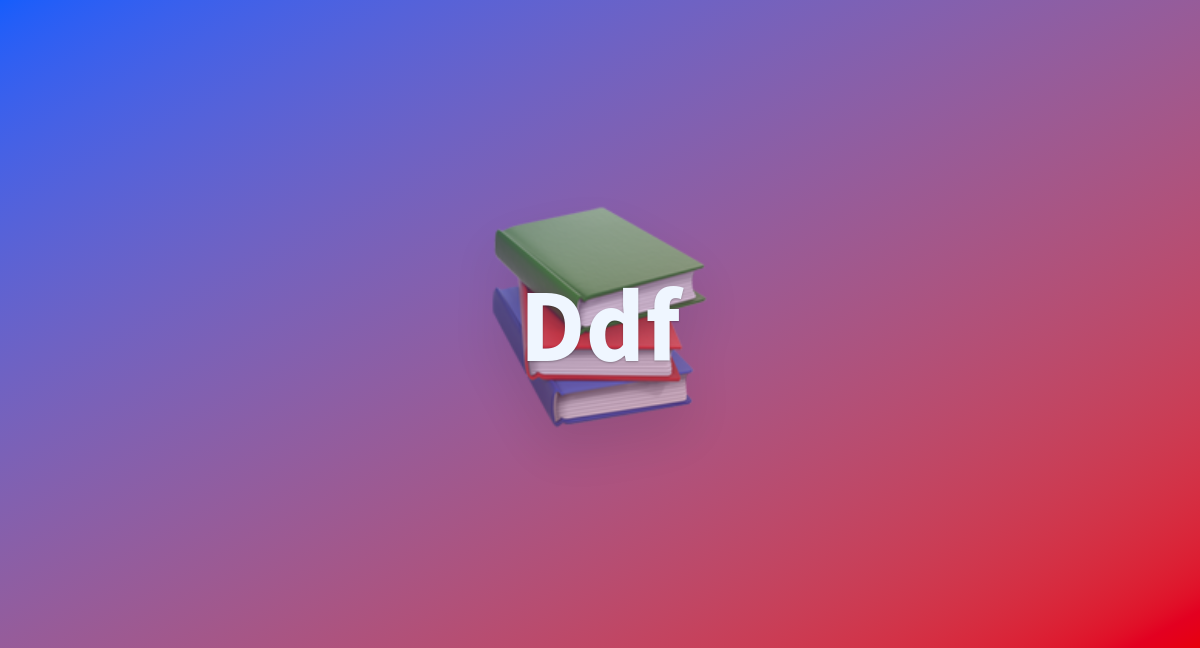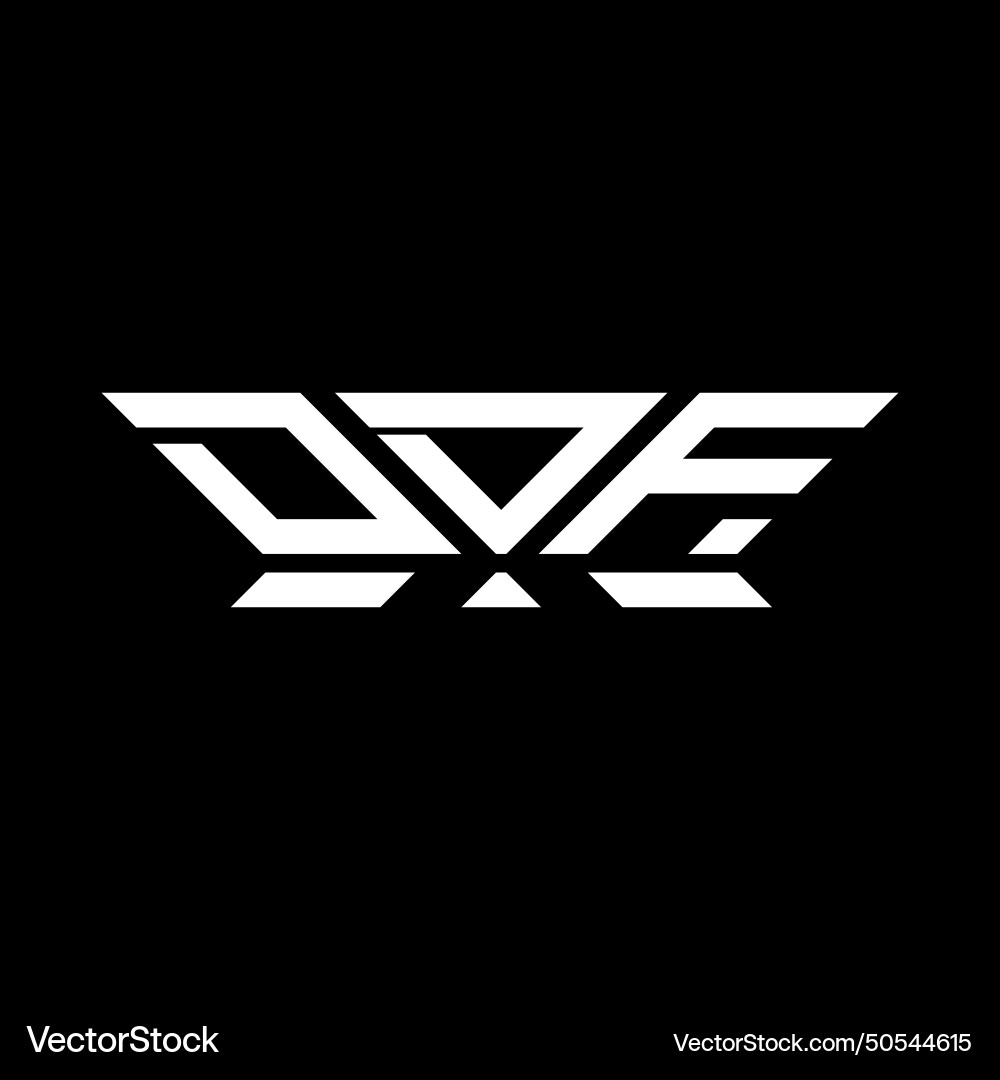Lesbian culture has always been a fascinating subject for many, and the term "DDF Lesbians" has recently gained significant attention in online communities. This phrase refers to a specific group within the LGBTQ+ community that embraces a unique dynamic and identity. In this article, we will delve into the world of DDF Lesbians, exploring their lifestyle, values, and contributions to the broader LGBTQ+ movement. By understanding their experiences, we can foster greater acceptance and inclusivity for all sexual orientations.
The term "DDF Lesbians" stands out as a distinct identifier within the lesbian community, representing women who identify as "Dykes, Don't Fix." This phrase emphasizes their commitment to their identities, rejecting societal norms that may pressure them to conform. DDF Lesbians have cultivated a vibrant culture and community, sharing common values and celebrating their individuality.
As we explore this topic, it is essential to approach it with sensitivity and respect for the individuals who identify as DDF Lesbians. By understanding their stories and experiences, we can better appreciate the diversity within the LGBTQ+ community and promote equality for all.
Read also:Ssh Iot Anywhere Download Mac Free
What Does DDF Mean in Lesbian Culture?
The acronym DDF stands for "Dykes, Don't Fix," a phrase that has become a rallying cry for many within the lesbian community. This term reflects a strong sense of identity and pride, emphasizing the importance of embracing one's authentic self without trying to conform to societal expectations. DDF Lesbians often reject traditional gender roles and heteronormative standards, celebrating their unique identities and lifestyles.
Key characteristics of DDF Lesbians include:
- A strong sense of pride in their lesbian identity
- Rejection of societal norms and expectations
- Celebration of individuality and diversity within the community
- An emphasis on authenticity and self-expression
Research shows that DDF Lesbians play a vital role in shaping modern LGBTQ+ culture, contributing to discussions around gender identity, sexual orientation, and social justice. Their voices are essential in fostering greater acceptance and understanding of diverse identities within the community.
History of the DDF Lesbian Movement
The origins of the DDF Lesbian movement can be traced back to the 1970s and 1980s, a time when many women began questioning traditional gender roles and societal expectations. During this period, the term "Dyke" emerged as a reclaimed word of empowerment, symbolizing pride in one's lesbian identity. Over time, the phrase "Dykes, Don't Fix" gained traction as a way to express resistance against attempts to "fix" or change one's sexual orientation or gender expression.
Key milestones in the DDF Lesbian movement include:
- The rise of feminist movements in the 1970s, which emphasized women's rights and equality
- The Stonewall Riots of 1969, which marked a turning point in LGBTQ+ activism
- The increasing visibility of LGBTQ+ individuals in media and popular culture
Today, the DDF Lesbian movement continues to grow, with online communities and social media platforms providing spaces for connection and support. This evolution reflects the ongoing struggle for acceptance and equality within the broader LGBTQ+ community.
Read also:Sondra Blust Nudes
Characteristics of DDF Lesbians
DDF Lesbians share several common characteristics that define their identity and community. These traits reflect a commitment to authenticity, self-expression, and resistance against societal norms. Understanding these characteristics can help foster greater empathy and understanding for those who identify as DDF Lesbians.
Embracing Authenticity
One of the defining features of DDF Lesbians is their dedication to living authentically. This means embracing their true selves, without feeling pressured to conform to societal expectations or norms. Authenticity is central to their identity, allowing them to express themselves freely and confidently.
Celebrating Diversity
DDF Lesbians celebrate the diversity within the LGBTQ+ community, recognizing the importance of representation and inclusion. By embracing differences in gender identity, race, and culture, they create a more welcoming and supportive environment for all members of the community.
Rejecting Heteronormativity
A key aspect of the DDF Lesbian identity is the rejection of heteronormative standards, which prioritize heterosexual relationships and traditional gender roles. By challenging these norms, DDF Lesbians advocate for greater acceptance and equality for all sexual orientations and gender identities.
DDF Lesbians in Popular Culture
The representation of DDF Lesbians in popular culture has evolved significantly over the years, reflecting changing attitudes toward LGBTQ+ identities. From films and television shows to music and literature, DDF Lesbians have made their mark on the entertainment industry, bringing greater visibility to their experiences and stories.
Notable DDF Lesbian Characters in TV and Movies
Several TV shows and movies have featured DDF Lesbian characters, contributing to greater representation in media. Some notable examples include:
- "The L Word," which explores the lives of a diverse group of lesbians in Los Angeles
- "Orange Is the New Black," featuring complex and multidimensional LGBTQ+ characters
- "Paris is Burning," a documentary that highlights the experiences of LGBTQ+ individuals in ball culture
Influence on Music and Literature
DDF Lesbians have also made significant contributions to the music and literature industries, using their art to express their identities and experiences. Artists such as k.d. lang and Melissa Etheridge have gained widespread recognition for their work, while authors like Rita Mae Brown and Sarah Waters have written influential novels exploring lesbian themes.
Challenges Faced by DDF Lesbians
Despite the progress made in recent years, DDF Lesbians still face numerous challenges in their daily lives. These obstacles can include discrimination, prejudice, and lack of representation in various areas of society. Addressing these issues is essential for promoting greater acceptance and equality for all members of the LGBTQ+ community.
Discrimination and Prejudice
DDF Lesbians often encounter discrimination and prejudice based on their sexual orientation and gender identity. This can manifest in various ways, including workplace bias, housing discrimination, and harassment in public spaces. Combating these injustices requires ongoing advocacy and education efforts.
Lack of Representation
Although representation of DDF Lesbians in media has improved, there is still much work to be done to ensure that their stories and experiences are accurately portrayed. Increasing visibility in areas such as television, film, and literature can help break down stereotypes and promote understanding.
Building a Strong DDF Lesbian Community
Creating a supportive and inclusive community is crucial for the well-being of DDF Lesbians. By fostering connections and providing resources, individuals can find the support they need to thrive in a world that often misunderstands or marginalizes their identities.
Online Communities and Social Media
Social media platforms and online forums have become vital spaces for DDF Lesbians to connect with one another and share their experiences. These digital communities offer a sense of belonging and support, helping individuals navigate the challenges of living authentically in a sometimes hostile world.
Local Support Groups and Events
In addition to online communities, local support groups and events provide opportunities for DDF Lesbians to connect in person. These gatherings can include everything from social outings to educational workshops, offering a range of activities to suit different interests and needs.
The Future of DDF Lesbians
Looking ahead, the future of DDF Lesbians is bright, with increasing visibility and acceptance in society. Continued advocacy and education efforts will be essential in promoting greater understanding and equality for all members of the LGBTQ+ community. By celebrating the diversity within the community and supporting one another, DDF Lesbians can continue to shape the future of LGBTQ+ culture.
Advancing LGBTQ+ Rights
DDF Lesbians play a vital role in advancing LGBTQ+ rights, advocating for policies and practices that promote equality and inclusion. Their voices are essential in shaping the future of the movement, ensuring that all sexual orientations and gender identities are respected and valued.
Fostering Greater Acceptance
As society continues to evolve, fostering greater acceptance of DDF Lesbians and other LGBTQ+ individuals will require ongoing efforts to challenge stereotypes and promote understanding. By embracing diversity and celebrating the unique contributions of all community members, we can create a more inclusive and equitable world for everyone.
Conclusion
In conclusion, the world of DDF Lesbians is rich with culture, identity, and community. By understanding their experiences and celebrating their contributions to the LGBTQ+ movement, we can foster greater acceptance and inclusivity for all. As we continue to learn and grow together, let us remember the importance of supporting one another and advocating for equality for all individuals, regardless of their sexual orientation or gender identity.
Take action today: Share this article with your friends and family to spread awareness about DDF Lesbians and the importance of LGBTQ+ rights. Engage in meaningful conversations and continue learning about the diverse identities within the community. Together, we can create a more inclusive and accepting world for everyone.
Table of Contents
- What Does DDF Mean in Lesbian Culture?
- History of the DDF Lesbian Movement
- Characteristics of DDF Lesbians
- DDF Lesbians in Popular Culture
- Challenges Faced by DDF Lesbians
- Building a Strong DDF Lesbian Community
- The Future of DDF Lesbians
- Conclusion


